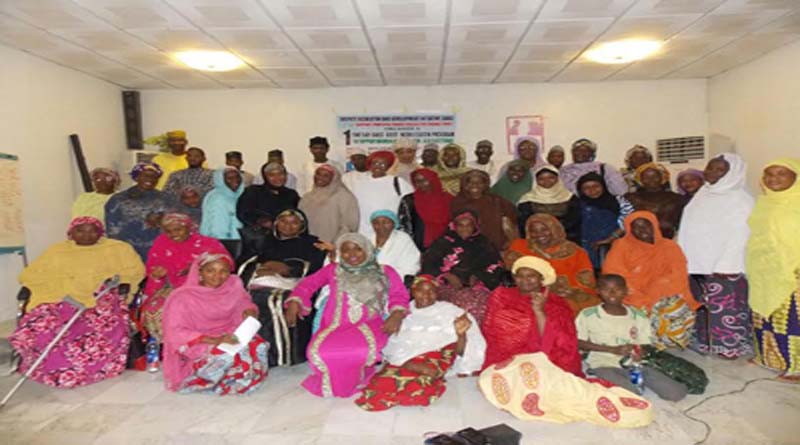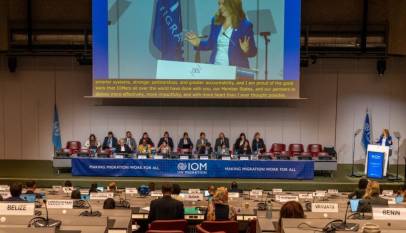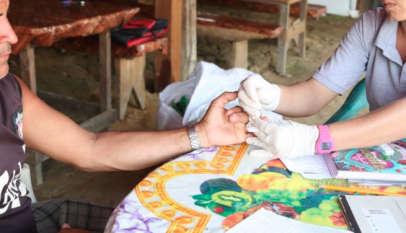NWTF trains women politicians on anti-corruption, accountability
The Nigerian Women Trust Fund (NWTF), a non-profit focused on increasing women’s representation in governance processes at all levels towards addressing gender imbalance in elective and appointive positions Thursday commenced two-day training for women members of political parties on anti-corruption and accountability in Kano.

The workshop was aimed at exposing women in politics to the principle of accountability in politics and democratic process as well as equipping them with tools for assessing progress and tracking political promises towards ensuring compliance with true democratic principles.
While declaring the workshop open, Mufuliat Fijabi, NWTF’s chief executive officer said it was necessary for women “to have a [fair] representation at all aspects of governance especially on issues concerning women and children. Overtime, women’s participation in politics has been largely restricted by political parties, through systematic discrimination, lack of internal party democracy and God-fatherism.”
Fijabi decried the fact that whereas the manifestoes of most political parties supported women’s participation, in reality those principles do not exist due to lack of internal democracy in the parties that will ensure women are nominated as candidates. “The effective implementation of accountability and anticorruption measures in political parties will ensure legitimacy in public administration, improve women participation,” she said.
Also speaking at the event, Dr Muhammad Mustapha, executive director of the Democratic Action Group (DAG), a Kano-based civil society organisation, said statistics had shown women were currently occupying only 5.6% of elective positions across the 91 registered political parties in Nigeria, which he said amounted to “gross gender imbalance”.
“The limited number of women in elective positions means more men have access to funds and financial resources than women. Gender inequality and corruption within political parties create a barrier to women’s participation in politics,” he said.















